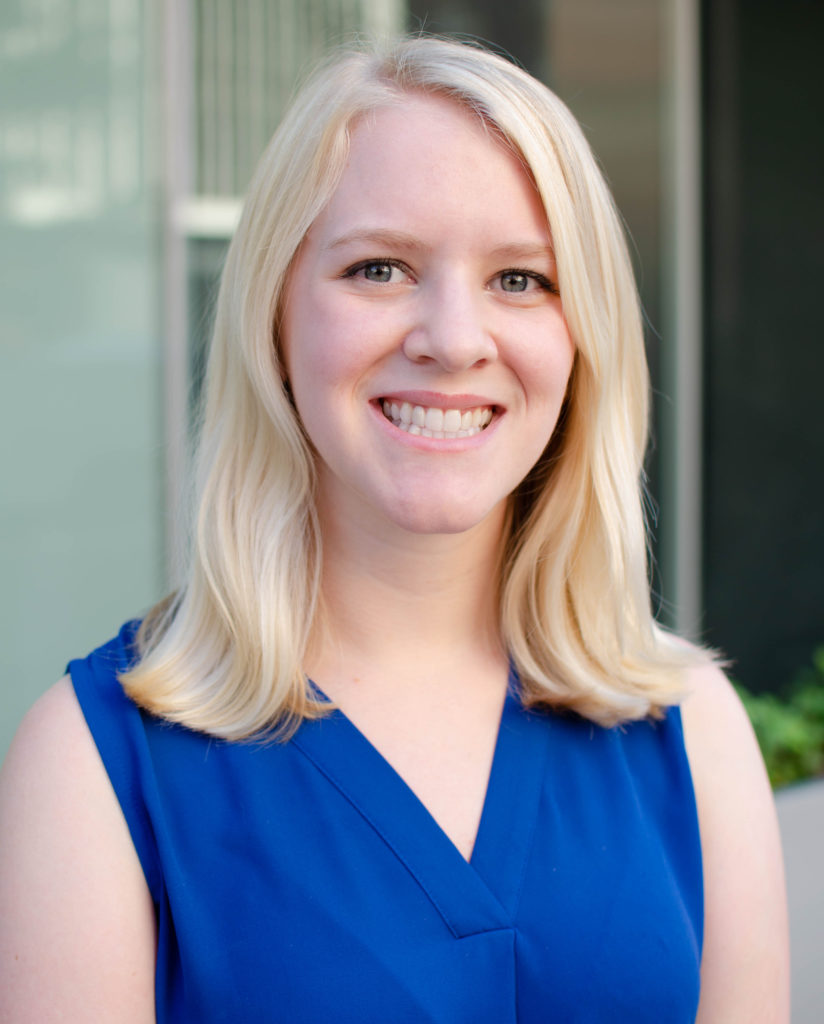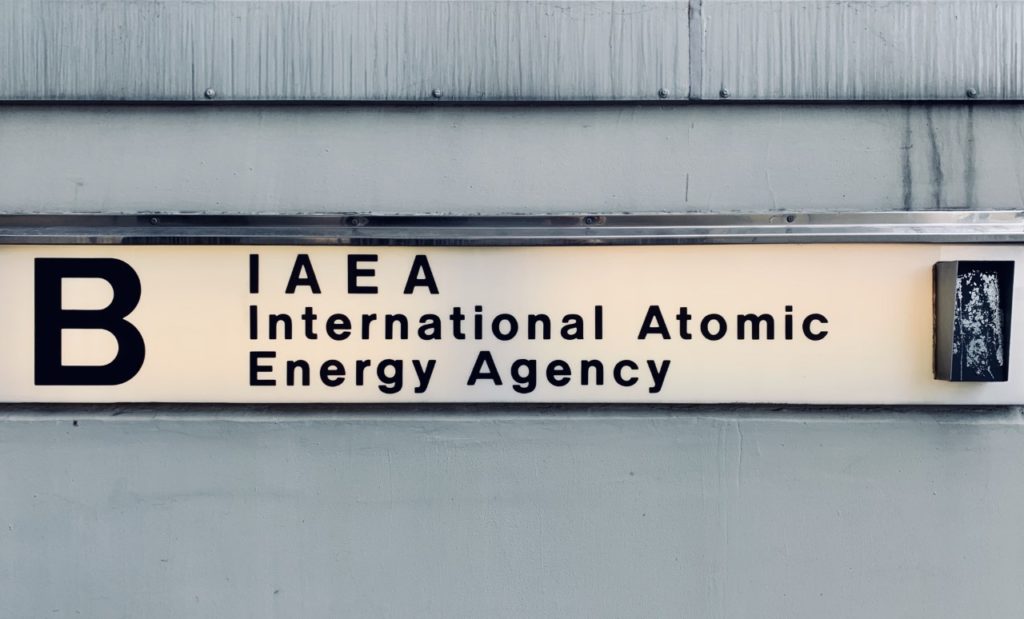
Mary Vecellio is a Research Associate with the Partnerships in Proliferations Prevention program at Stimson. She came to Stimson after pursuing a master’s degree at Kings College, London, inspired by her favorite science fiction series. She hails from Michigan.
What do you do at Stimson, why does it matter, and why do you love it?
The Partnerships in Proliferation Prevention Program empowers those countries, institutions, and individuals who are willing, but perhaps not yet able, to take steps to prevent WMD proliferation. Each day we work to create tools and develop knowledge for those facing proliferation challenges in a variety of contexts. Implementing WMD nonproliferation obligations is no easy feat for national governments and the international community so we engage with stakeholders to understand their national realities. The work we do benefits no one if it is generated in a bubble. Our work matters because we seek to prevent the misuse of nuclear, chemical, and other dangerous material by engaging and empowering those actually playing a role implementing the rules to achieve that goal.
I enjoy my work because I am able to be an active contributor in the nonproliferation and international security field. I enjoy working at Stimson because the institution genuinely cares about providing opportunities for its young professionals, like me, to foster field expertise, develop networks, and begin to cultivate a professional reputation. In the two years I’ve been here, I have traveled and delivered training courses to government representatives; I’ve been able to independently consult with esteemed members from the OPCW on project developments; and I’ve been able to participate as Expert on different panels across the field. I’ve had these opportunities because Stimson values me as an individual working to make a difference in the nonproliferation space.
When did you know you were interested in international security/affairs?
After re-reading the Enders Game series for maybe the hundredth time while simultaneously looking for graduate programs after college. I realized then in the context of trying to define my academic and professional interests, that the reasons I love the series could be described as ‘international security’ issues—its heavy incorporation of military strategy discussions, its constant back-and-forth and manipulation of politics in the international space, the ethics of using weaponry that will change the universe forever, and then figuring out how to fix what they broke for future generations. I recognized that I want to read about, write about, and talk about international security and nonproliferation every day. That led me to King’s College, London and then eventually to Stimson.
What is one thing you wish people understood about your work?
For something as important as preventing nuclear terrorism or the misuse of chemical weapons, nonproliferation efforts are done on shoestring budgets across the world. The IAEA’s budget in fiscal year 2020 – 2021 is $702 million, which is similar to Las Vegas Metropolitan Police Department’s $656 million budget for the same fiscal year. The OPCW’s budget in 2020 is roughly $84 million, $2 million shy of Providence, Rhode Island’s 2020 police department budget. With these extremely modest amounts of money, these international organizations are trying to implement nonproliferation regimes that require expertise, specialized training and equipment, and relevant physical and legal infrastructures. Ultimately, Member States need to prioritize regularly allocating more funds to international organizations in the nonproliferation space. Shoestring budgets have allowed the international community to scrape by, but the current funding commitments are not a sustainable way to protect people from the risks and threats posed by proliferation-related materials and facilities and those who wish to exploit them.
What are some future trends that you see in your space and how are you at the cutting edge of tackling these issues?
As the world becomes more concerned about the reemergence of chemical weapons, chemical security is at the forefront of that effort and our program is working to facilitate discussions on best practices to facilitate and develop security of dangerous chemicals of proliferation concern. Chemical security is particularly complicated because it lacks internationally-recognized standards for its implementation. Figuring out how to establish best practices, empower countries to regulate such materials, and effectively secure them while also enabling legitimate trade in dual-use chemicals is the next set of challenges we face. Our program is already working on these issues, and we’ll use the knowledge we’ve built in other areas to move forward.
Learn more about Mary, and learn more about the Partnerships in Proliferation Prevention program.



